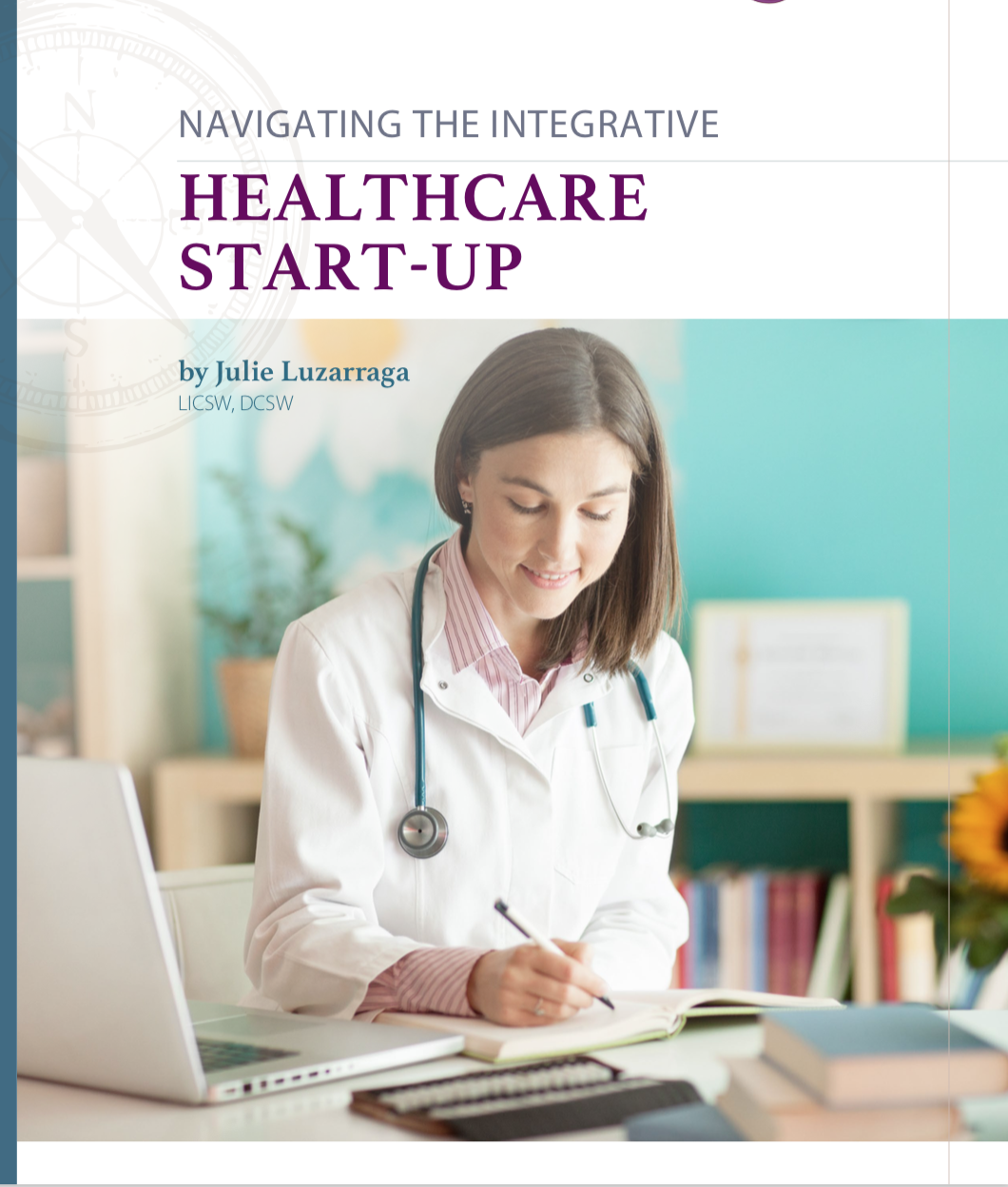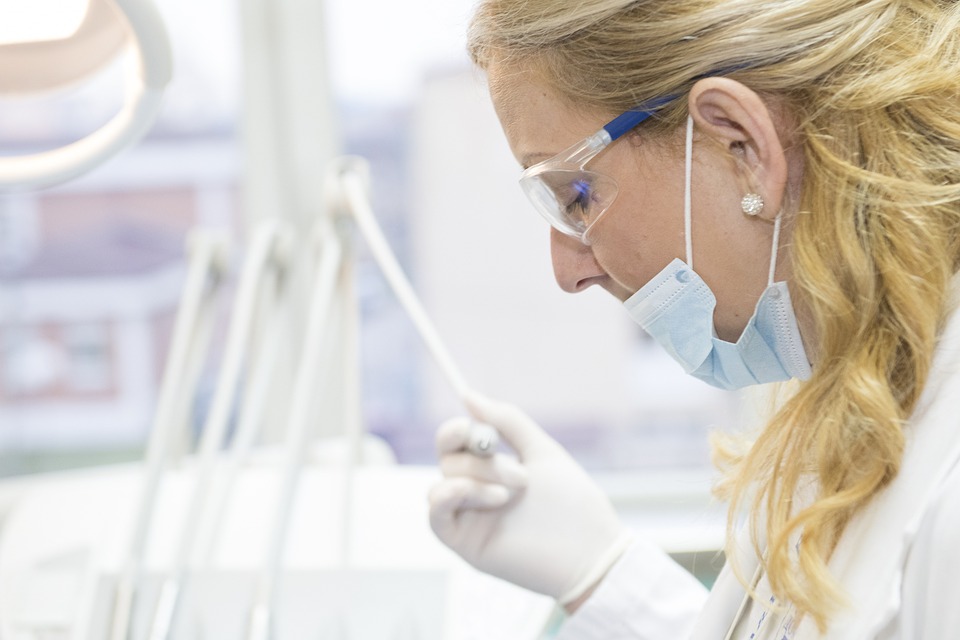Recent
July 23, 2024

Presented by: Mark Hyman MD
It is increasingly clear that our food system drives crises in diverse but interconnected areas—chronic disease and its global economic burden, the environmental degradation of soil and water, climate change, the achievement gap in education, poverty, violence, and social justice. Our commodity rich, ultra-processed, high glycemic diet is the single biggest driver of chronic disease in the 21st century.

Presented by: Ronald Hoffman, MD, CNS, FACAM The incidence of inflammatory bowel disease (IBD)—comprising Crohn’s Disease and ulcerative colitis—is soaring in Western countries. How do modern lifestyles and medical practices contribute to its incidence? Is there a stress component? What is the current “standard of care” for IBD, and what are the limitations of drug therapies? What is the rationale for incorporating natural interventions—diet, supplements, and innovative strategies—for IBD? What is the current thinking about the causation of IBD, and how does it validate wholistic correctives? What nutritional deficiencies are commonly seen in IBD sufferers? What nutritional support strategies have been demonstrated to support disease amelioration? Why is the current practice of oral iron supplementation for the anemia commonly seen in IBD counterproductive? What role for the Specific Carbohydrate Diet (SCD)? What are its potential drawbacks? What other dietary considerations apply to IBD? Which nutraceuticals have documented efficacy in IBD? What role for probiotics? Does the “Yeast Connection” offer actionable insights on IBD? Could cannabinoids be therapeutic? Are testosterone, DHEA, or GH beneficial? Is there a potential for fecal transplants to ameliorate IBD? Is low-dose naltrexone (LDN) a plausible option?

Julie Luzarraga LICSW, DCSW, has been practicing integrative medicine for most of her career as a licensed clinical social worker and psychotherapist. She says she fell in love with the healthcare model that centered on identifying a patient’s unique needs through building relationships and wrapping around with other services to support patients. When she moved to Nebraska and couldn’t find a clinic that brought complementary services under one roof with traditional medicine, she decided to create one herself, and in August 2011 opened Omaha Integrative Care.
In this guide, Luzarraga shares her experiences launching an integrative healthcare start-up. This resource will help you identify why you may want to start an integrative healthcare practice, review important considerations, and provide tangible steps on how to get started with your practice development.
Included in this resource:
Questions? Contact [email protected].

Presented by: Raja Sivamani, MD, MS, AP
The role of the gut microbiome in relation to skin health and dermatology has gained more interest in the clinical practice setting. This lecture will review the mechanisms by which the gut may communicate with the skin. The role of gut microbiome testing and how it is influenced by sequencing methodologies will be explored. The different kinds of probiotics and prebiotics will be summarized and the evidence for their use in common skin conditions will be presented. Finally, a practical approach to utilizing probiotics and prebiotics in the clinical setting will be discussed.

Presented by:
Petros Levounis, MD, MA
Addiction to alcohol, tobacco, cocaine, crystal methamphetamine, benzodiazepines, cannabis, and opioids can be devastating, but video games, online porn, internet gaming, Internet gambling, and other technological addictions can be every bit as addictive. These addictions can have real-world ramifications and lead to the loss of jobs, money, and loved ones. As technology becomes integrated into every facet of modern life, these technological addictions are becoming increasingly prevalent. This session will inform healthcare professionals about the addictive potential of technology and help them view these addictions as legitimate psychiatric conditions worthy of medical assessment, diagnosis, and treatment.
This presentation was recorded at the 2022 Integrative Healthcare Symposium Annual Conference.

Presented by: Peter Bongiorno, ND, LAc
Ketamine is well-known as the quickest acting anti-depressant, with profound effects after 40 minutes. While helpful, it is also known that ketamine has significant toxicity and questionable duration of effect. Mounting research shows many natural compounds that may affect the body’s biochemistry in a way that can mimic the positive effects of ketamine. This session will explain the mechanisms of ketamine action and review the animal and clinical research showing the use of lifestyle modifications, supplements, and Chinese herbs that can have similar effects. The presentation will also review how genetic predisposition, toxic exposure from environmental toxins, and products of internal processes can affect these pathways.

CATALYST FOR CELLULAR RESILIENCE: Nicotinamide Adenine Dinucleotide (NAD), Nicotinamide Riboside (NR) & Immune Health

The Effective Use of Gut Microbiome Testing and Natural Products in Improving GI and Systemic Health

Presented by: Russel Jaffe, MD, PHD, CCN
Chronic health issues precipitate from a myriad of origins. Noticeably, a common set of causes appear to be–cumulative repair deficits, oxidative damage, metabolic acidosis and above all – a burdened immune system. A tolerant immune system is essential to well-being. When preoccupied and burdened with defense, repair is deferred, resulting in inflammation that can be more aptly termed as “repair deficit.”

The Endothelial Glycocalyx and Cardiovascular Disease: Revolutionary Concepts and Treatment